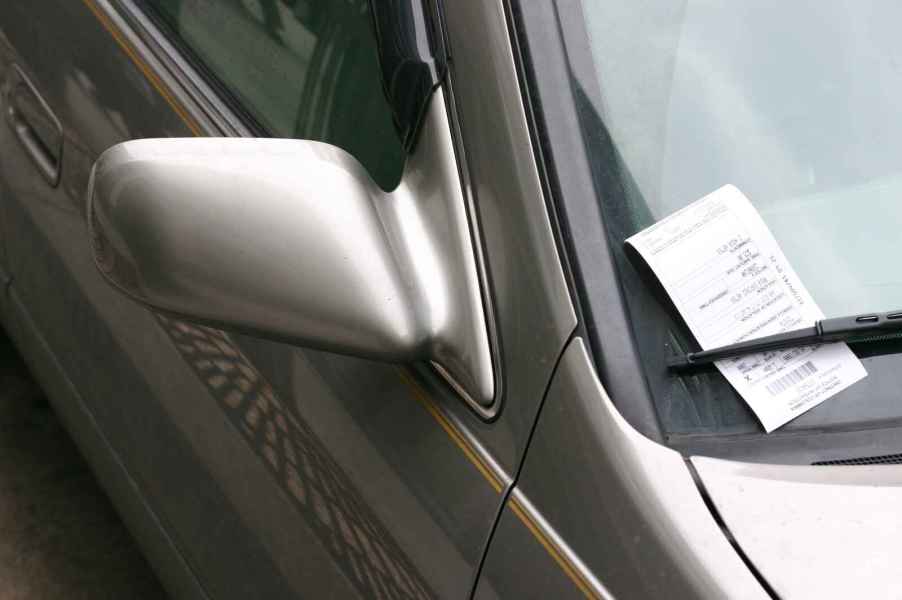
Don’t let a fake parking ticket scam steal your banking info
Scammers are getting awful clever. This year, a “legacy” scam is sweeping the country using new technology. It’s pretty straightforward: folks get a “parking ticket” either left on their vehicle or “issued” via mail or email. Those who don’t let tickets stale might either scan the provided QR code or log into the provided website to pay the fine right away. It’s all downhill from there.
At best, people are tricked into paying a fake fine and lose a bit of money; reportedly, about $53. But it could get worse. Scammers use the fake tickets and resulting payments to steal personal info, including bank account information or card numbers.
In certain cases, it’s very difficult to tell a fake parking ticket or payment portal from a real one. Some find this is especially the case if the ticket is physically printed on the same narrow waterproof paper officials use and then tucked under a windshield wiper blade.
Here’s how to tell if a parking ticket is a scam:
- You weren’t driving in any area that qualifies you for a parking ticket
- Do not scan QR codes or visit websites printed on the ticket
- Instead, research the actual parking ticket authority to find official department contact information
- Check for matching phone numbers and web pages
- Perform a search of your license plate number or other identifiers on the official page
- OR call the official phone number and confirm you’ve received a valid parking violation
- Confirm the actual payment portal is matched to a real department
- Consider waiting for a second notice (scammers likely won’t send one) and start back up at the top of this list
Despite the scam’s considerably long tenure – faking documents to dupe folks out of a few or more bucks isn’t anything new – it’s a threatening act to people who aren’t willing or able to pay close attention. Make sure you let anyone in your family or friend group who might be an easier target for this parking ticket scam to ask for assistance before making any payments.



